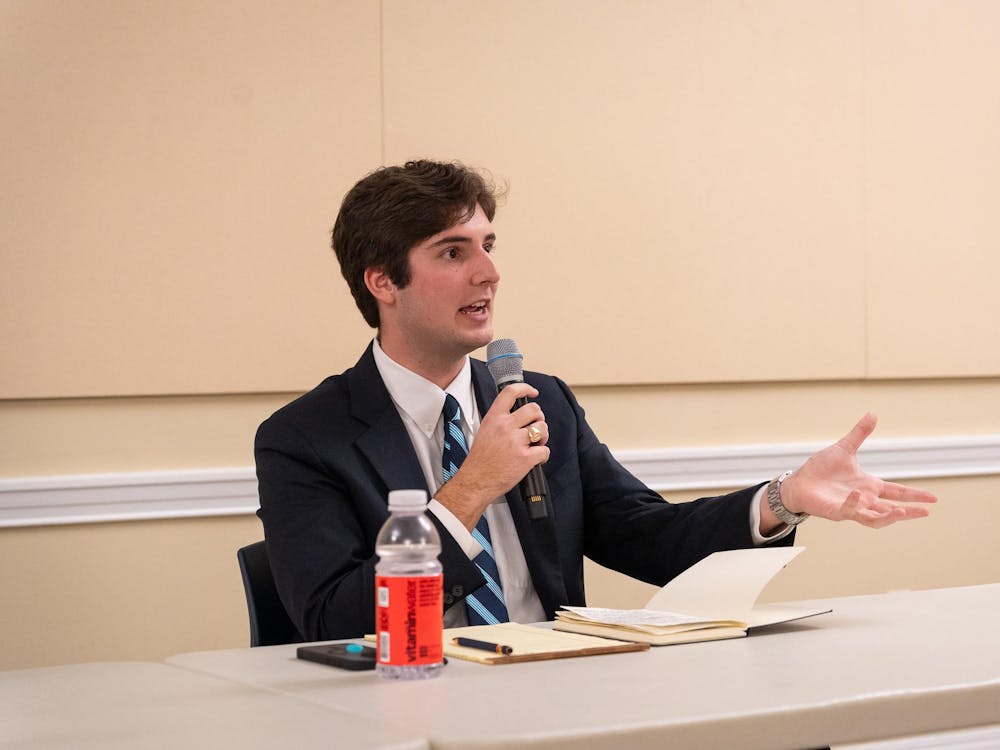A college degree remains a worthwhile investment, according to a new report released by the nonprofit think tank, Brookings Institution. Tuition increases of nearly 50 percent during the past three decades have led many Americans who are facing the realities of a recovering economy to question the value of a college education, but they should not, Brookings concluded.
The report, released Friday, analyzed national average tuition increases for four-year public and private institutions based on figures from the National Center for Education Statistics and earnings data from the U.S. Census Bureau.
Adam Looney, one of the report’s authors, said as a whole college appears to be a sound investment. “The boost to earnings and employment prospects that a college degree confers, above and beyond just having a high school diploma, are close to their all-time highs,” he said in an email.
An individual starting college in 2010 can expect to earn $450,000 more in his lifetime than a high school graduate, a nearly $200,000 increase relative to data from 1980, according to the report. The institute also found young college graduates earn about $12,000 more per year than someone the same age who did not attend college — compared to the $4,000 gap reported in the 1980s, adjusted for inflation.
“The bottom line is this: while college may be 50 percent more expensive now than it was 30 years ago, the increases to lifetime earnings that a college degree brings is 75 percent higher,” according to the report. It also noted college graduates are about 20 percent more likely to be employed than those who hold just high school diplomas.
Looney credited these gaps in employment to developments in the global economy: increased reliance on technology, globalization of markets and the United States’ current role in that global economy are all factors that often reward more skilled workers. “These forces are unlikely to unravel quickly — indeed they seem to keep increasing,” Looney said. “So I imagine a college degree is going to continue to be valuable.”
The report acknowledged that even adjusted for inflation the average cost of a four-year degree has risen from $56,000 in 1980 to $82,000 in 2010. The University charges an annual tuition rates of $12,006 for in-state students and $38,018 and for out-of-state, for about $50,000 and $150,000 respectively across four years.
But the report said these numbers may overstate the meaning of rising costs. It remains unclear whether the rise in tuition has been offset by recent increases in financial aid — government funding to students in the form of grants, loans or work-study jobs intended to help with education-related expenses. It also cited a recent report from the College Board, saying the real cost of a four-year college education has changed very little in the last 15 years.
At the University, tuition costs continue to rise. Last year, the Board of Visitors approved a 3.7 percent increase for in-state student fees — the smallest increase in more than a decade. The increase for in-state students was 8.9 percent the year prior. Tuition increases peaked at 19 percent in 2004, according to a University press statement released last April.
“Students have and will continue to receive an excellent education at the University of Virginia, even as U.Va. and all of higher education considers issues such as rising tuition costs,” University spokesperson McGregor McCance said in an email.






